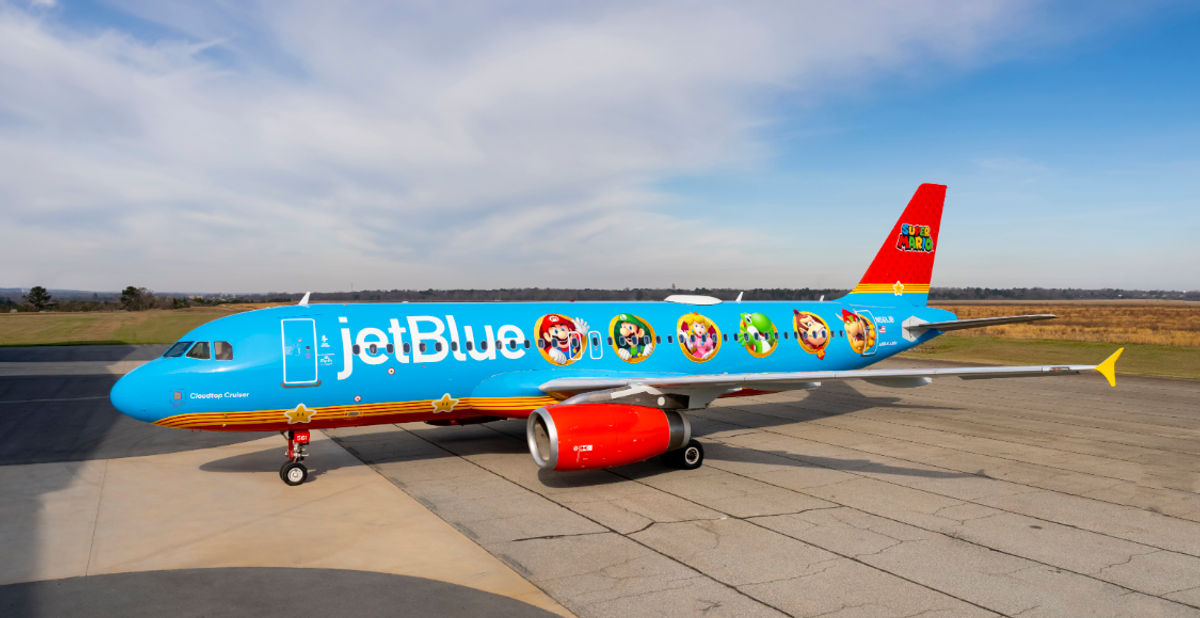President Donald Trump announced a new trade initiative on February 13, aiming to establish a more balanced trade environment for American businesses.
The “Fair and Reciprocal Plan” seeks to ensure that foreign nations impose the same level of tariffs and trade restrictions on U.S. goods as the United States applies to their imports. The move is intended to address trade imbalances that the administration says have disadvantaged American industries.
According to a News and Insights report of RVIA on February 13, the initiative will impose reciprocal tariffs on countries that restrict U.S. exports or provide unfair subsidies to their domestic industries.
Under the plan, the administration will target tariff and tax policies that affect American goods, as well as non-tariff barriers such as excessive regulations, subsidies, and intellectual property restrictions.
Additionally, the policy will address currency manipulation and wage suppression practices that put U.S. workers at a disadvantage.
The U.S. Trade Representative and the Department of Commerce will lead investigations into these foreign trade practices. Within 180 days, a report outlining the fiscal impact of these measures will be submitted to the administration.
Industry stakeholders are closely monitoring the implications of the new trade plan. The RV Industry Association (RVIA), representing manufacturers, suppliers, and dealers, is assessing how the proposed measures could impact the sector.
While the initiative aims to create a level playing field for U.S. businesses, concerns remain about potential retaliatory tariffs from trading partners and how they might affect supply chains.
The RVIA is actively engaging with policymakers to advocate for policies that protect industry interests.
The association is urging members to participate in an upcoming trade survey to provide feedback on how foreign trade policies affect their businesses. Insights from industry professionals will help shape advocacy efforts and policy recommendations.
.png)
.png) 1 month ago
6
1 month ago
6








 English (US) ·
English (US) ·  Spanish (ES) ·
Spanish (ES) ·